Best Caspio Alternatives will be discussed in this article. Today, practically every company has a system of No-Code apps due to the broad use of No-Code platforms. Many companies are unable to afford or do not desire to employ full-time developers or a dedicated team. No-Code platforms are useful in this situation. Businesses may now create effective business process apps for a small fraction of the cost thanks to no-code platforms. Since each No-Code platform has a particular set of features to offer, let’s look at Caspio alternatives that are distinctive from one another.
Top 8 Best And Official Caspio Alternatives in 2023
Top 8 Best And Official Caspio Alternatives are explained here.
1. Clappia
Non-technical business users may develop reliable mobile and web apps using only Excel skills with the help of Clappia’s No Code app creation platform. Without knowing any code, users may build a variety of useful workflows and apps to operate their businesses, from simple data-collection tools to enterprise-grade ERPs.
Clappia enables you to create powerful business process apps with drag-and-drop features like GPS location, QR code, Geofencing, Live Tracking, Live camera uploads, NFC, Google Drive connection, and many more. The collection of app templates also includes more than 50 pre-built apps that you may use. You can integrate your Clappia apps into your website and publish them as links to online forms. For offline app use, download the Clappia app launcher.
2. Kintone
A No-Code platform called Kintone allows teams to build apps and databases without writing any code. Through conversations and shared documents, Kintone enables business users to cooperate and interact with one another.
3. Ninox
Ninox is an alternative to Kintone that resembles spreadsheets. This platform allows users to build reports for data visualisation in forms such as Kanban, Gantt, and Diagrams. By making changes to the community-shared templates, users can automate their business operations. For contacts, meetings, bills, custom CRM, inventories, accounting, timesheets, to-do lists, real estate, and projects, Ninox provides a number of customisable templates. Also check Slack productivity tips
4. Appsheet
An extremely user-friendly No-Code platform is Appsheet. To publish your app, just add a spreadsheet, some functionality, and branding. Appsheet is quick and easy to use and has more than 50 app templates, including ones for field service and data collecting, transportation, compliance reports, delivery tracking, property surveys, and many more.
5. Glide
Glide gives you the ability to create potent apps by converting your data from Google Sheets. You can choose from a variety of pre-built templates when establishing your application. Then, you may alter it by inserting various elements, sections, and layouts, such as dialogue boxes, map integrations, call buttons, contact forms, social media symbol links, and plain charts or graphs, depending on the needs and goals of your business as well as your preferred design.
6. JotForm App
A customised app can be enhanced with forms, widgets, links, and branding using the JotForm Apps No-Code platform. Your apps are available for dragging and dropping, as well as for email, QR code, and link sharing. JotForm apps make it simpler for app developers to accomplish their work by providing easily modifiable, anytime-accessible app templates. Also check lead hybrid teams
7. Power Apps
Microsoft Power Apps is a low-code platform that makes it easy to design and launch apps using drag-and-drop. By choosing one of the available data sources, Power Apps can generate business apps for you automatically, or you can construct apps from scratch. You can either use the apps that other people have created and shared with you, or you can change, distribute, and use them.
8. Airtable
The excellent No-Code tool Airtable works quickly and with the same degree of adaptability as a spreadsheet. Additionally, it facilitates integration with already-existing systems like Dropbox, Eventbrite, Box, Basecamp, Facebook, GitHub, etc. and automates the exchange of data back and forth. To satisfy the needs of their customers and employees without having to hire extra staff, businesses and organisations are looking for No-Code platforms. In order to do this, resources that can be used to build customised business apps must be put up. Depending on its capabilities, each No-Code platform will contribute differently to the automation and simplification of operations, enhancing workflow efficiency.

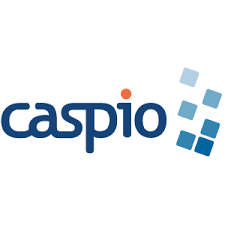

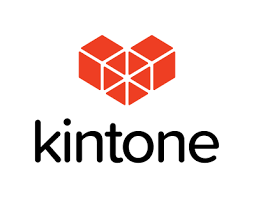
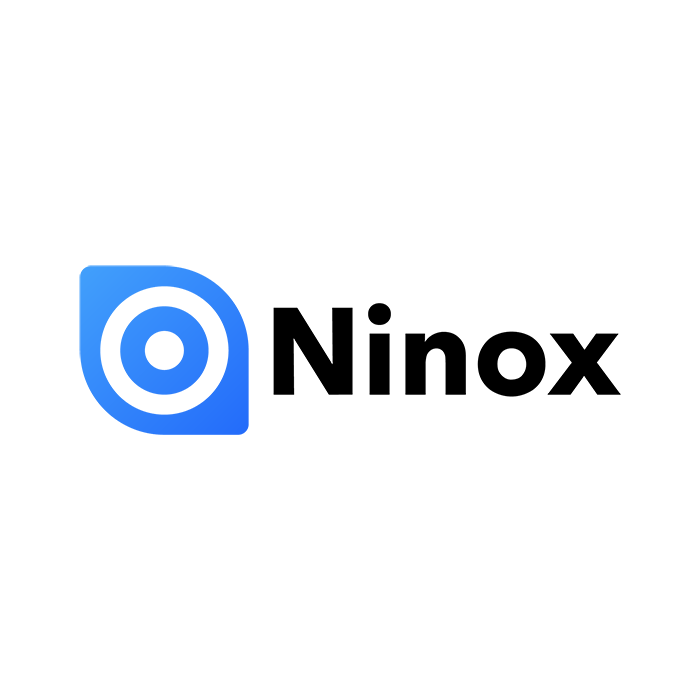
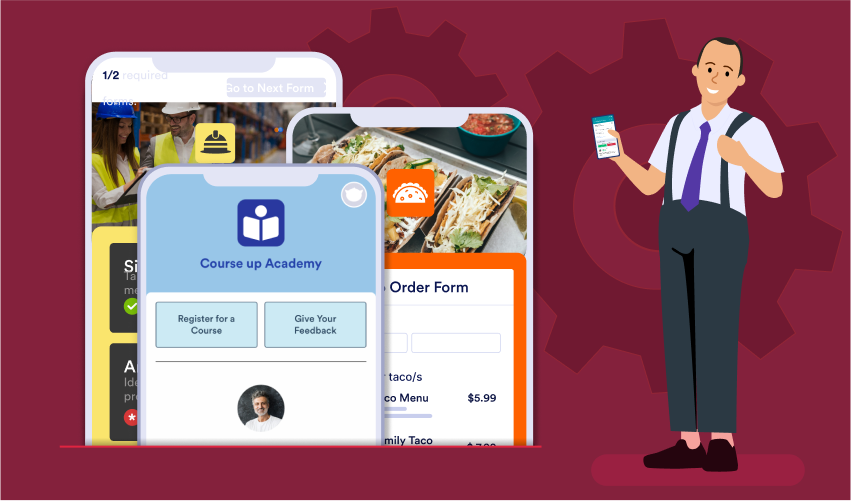

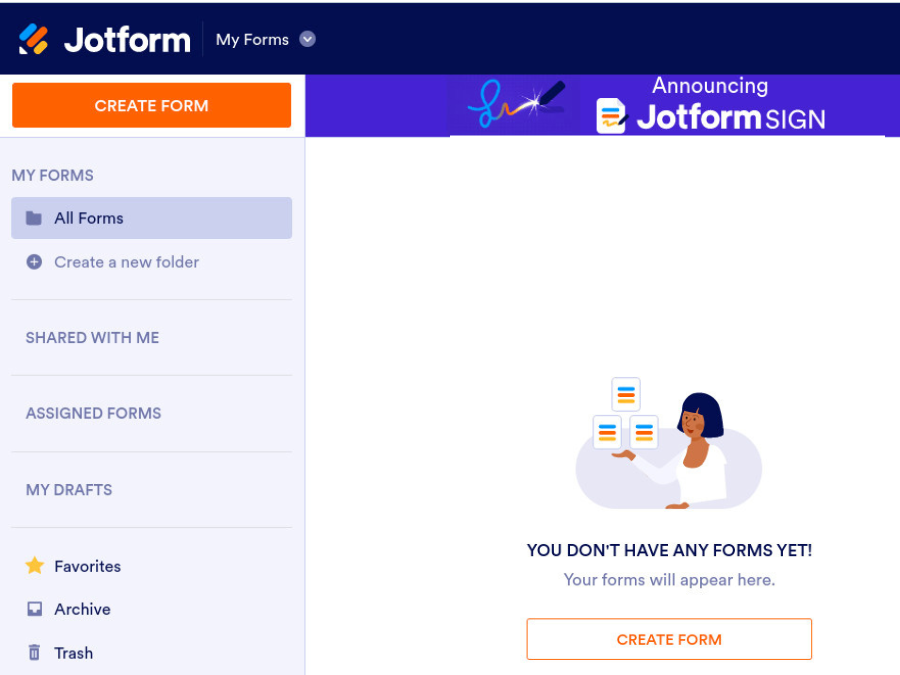
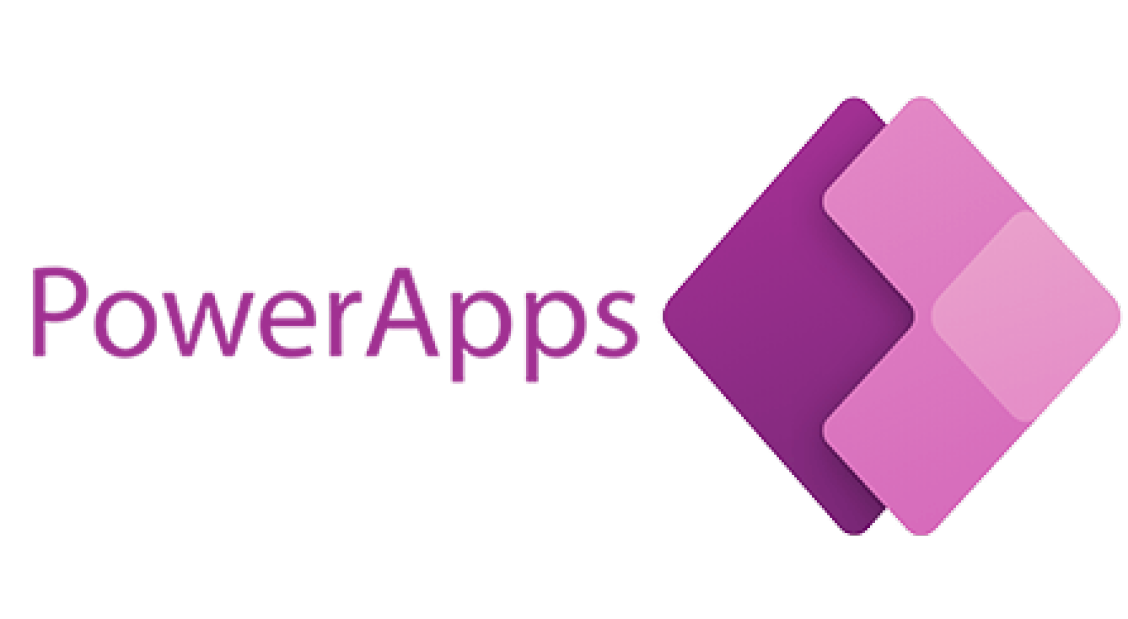
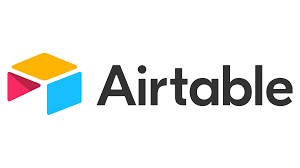




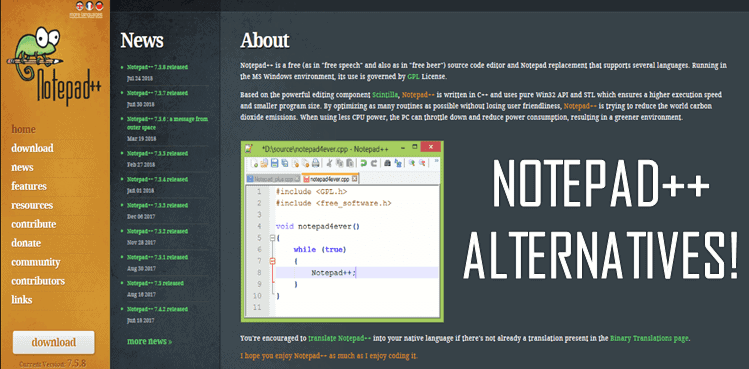
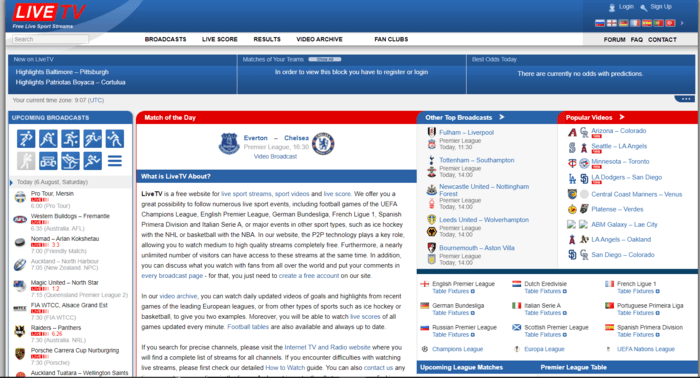
Add Comment